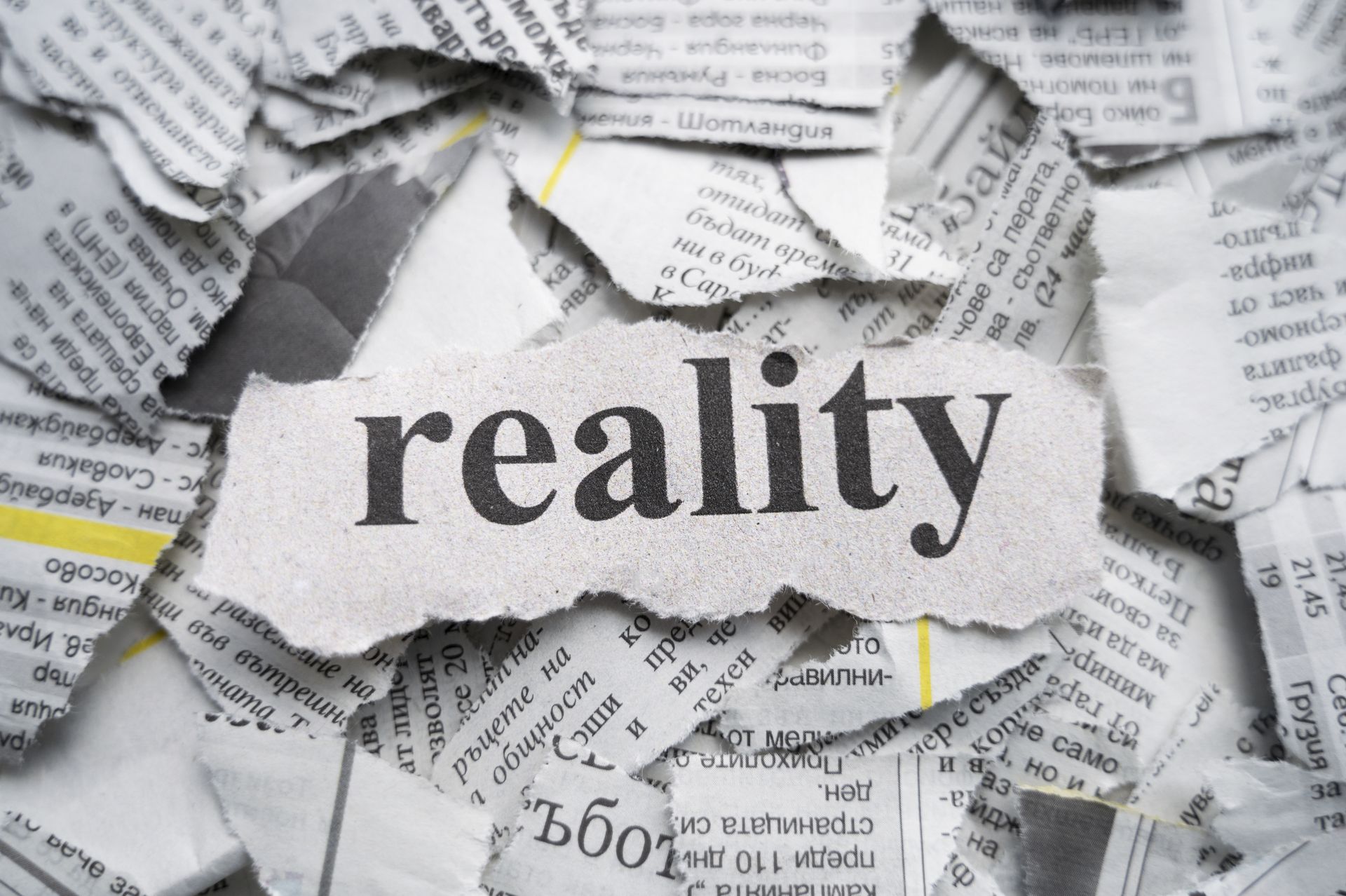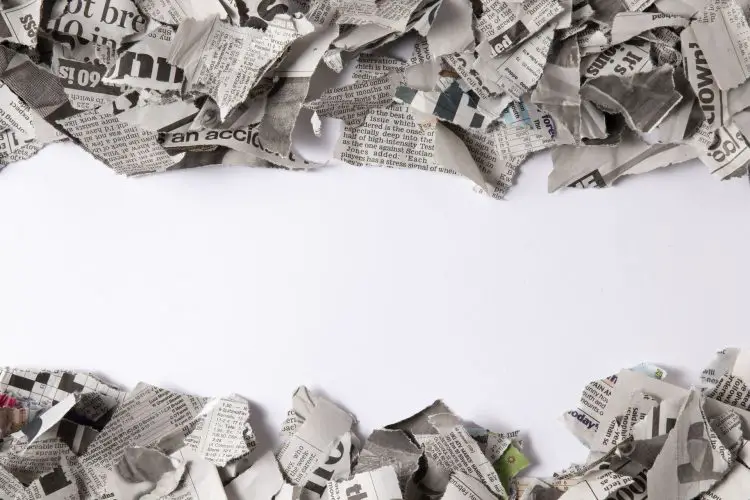OpenAI announces TIME partnership amid new lawsuit over copyright violations, signaling an unexpected development in artificial intelligence and journalism.
On June 27, OpenAI and TIME announced a collaboration that grants OpenAI access to TIME’s extensive archives, encompassing over a century of content. This strategic move aims to enhance the capabilities of OpenAI’s language models, particularly ChatGPT, by incorporating historical and contemporary information from TIME’s rich repository.
Meanwhile, this partnership comes at a tumultuous time for OpenAI, as it faces a lawsuit from the Center for Investigative Reporting (CIR), the parent organization behind Mother Jones, over alleged copyright infringements.
A historical collaboration for enhanced AI
We all know that OpenAI has poured millions into deals with news organizations recently and this news isn’t exactly surprising.
The partnership between OpenAI and TIME is designed to bring historical depth and journalistic integrity to AI-generated content. OpenAI will utilize TIME’s archives, spanning 101 years, to provide users with well-researched and contextually rich responses. This collaboration is not just a technological integration; it is a fusion of journalistic excellence with cutting-edge artificial intelligence.

OpenAI COO Brad Lightcap emphasized that the partnership aims to make news content more accessible through AI tools. By integrating TIME’s reputable journalism into its AI models, OpenAI aspires to support the dissemination of reliable information. TIME CEO Mark Howard echoed this sentiment, highlighting the global impact of expanding access to trusted information.
The benefits for TIME are equally significant. The publication will gain access to OpenAI’s advanced technology, enabling the development of innovative products and enhancing its digital presence. Moreover, TIME will play an active role in shaping how journalism is delivered through AI, providing feedback and sharing insights to refine OpenAI’s offerings.
The Mother Jones lawsuit: A clash over copyright
Amid the celebration of the OpenAI and TIME partnership, the company is grappling with a legal challenge from the Center for Investigative Reporting (CIR). The lawsuit, filed in the US District Court for the Southern District of New York, alleges that OpenAI and its shareholder Microsoft used CIR’s content without permission or compensation. Monika Bauerlein, CEO of CIR, accused OpenAI of “vacuuming up our stories to make their product more powerful,” labeling the practice as both unfair and a violation of copyright laws.
The suit highlights violations of the Copyright Act and the Digital Millennium Copyright Act, underscoring the tension between AI technology and intellectual property rights. CIR acknowledges the value that AI products derive from a broad array of information but insists that publishers’ content cannot be treated as “free raw material.” Bauerlein warned that if such practices continue, users might only have access to AI-generated summaries, which could undermine the quality and diversity of journalism.
This lawsuit is part of a broader conflict between AI developers and content creators, as the rapid advancement of AI technologies often collides with existing legal frameworks designed to protect intellectual property.
Expanding partnerships and legal hurdles
The partnership with TIME is not an isolated event for OpenAI; it is part of a broader strategy to collaborate with various media companies. OpenAI has formed alliances with organizations such as Reddit, the Financial Times, Vox Media, and Axel Springer. Additionally, a deal with News Corp, which owns major publications like the Wall Street Journal and the New York Post, further illustrates OpenAI’s commitment to integrating high-quality content into its AI models.

However, these partnerships are accompanied by a series of legal challenges. OpenAI faces ongoing lawsuits from numerous media companies, including the Daily News, the Chicago Tribune, and the Intercept. These legal disputes generally revolve around allegations of unauthorized use of copyrighted material, highlighting the complex interplay between AI technology and content ownership.
One of the most notable lawsuits was filed by the New York Times in December 2023. The Times accused OpenAI of using its content without authorization, despite previous discussions about potential cooperation. OpenAI’s response to these allegations underscores the difficulties in navigating the legal landscape as AI technologies continue to evolve.
Navigating the future of AI and journalism
The announcement of the OpenAI and TIME partnership amid a new lawsuit over copyright violations reflects the dual challenges and opportunities faced by AI developers and content creators. On one hand, collaborations like the one with TIME have the potential to enrich AI-generated content with historical and journalistic rigor. On the other hand, the legal battles underscore the need for clear guidelines and mutual agreements to protect intellectual property while fostering innovation.
As AI continues to integrate into various domains, the importance of ethical and legal considerations cannot be overstated. The outcomes of these partnerships and lawsuits will likely shape the future trajectory of AI development and its relationship with the media industry. For now, the focus remains on leveraging collaborations to enhance the quality of AI-generated content while addressing the rightful concerns of content creators.
Featured image credit: Freepik





